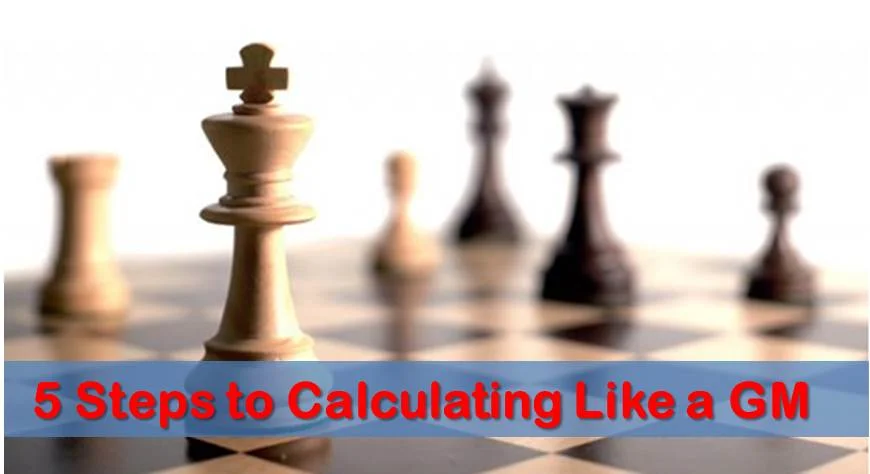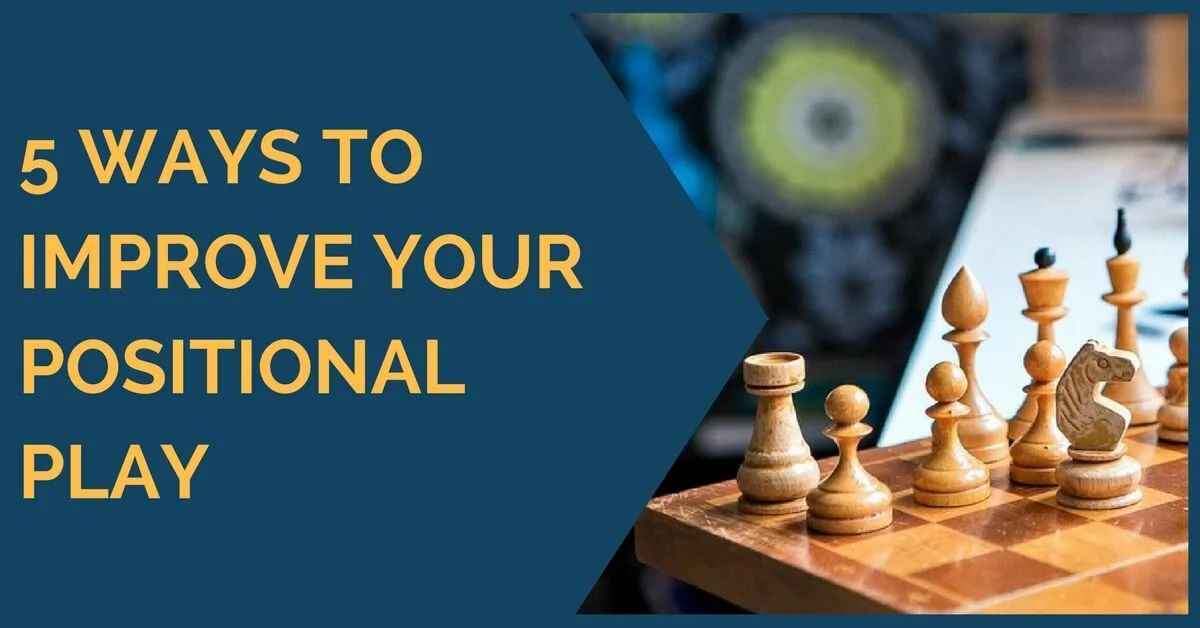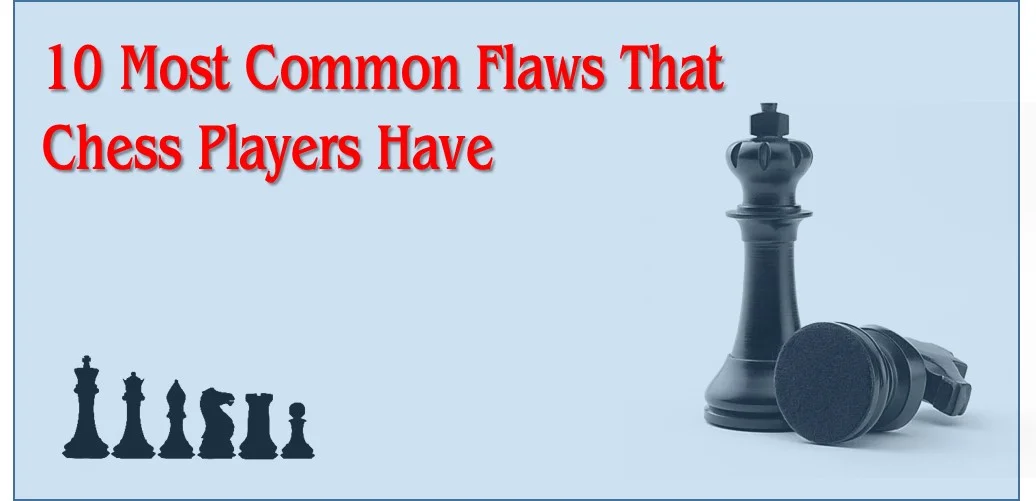5 Steps to Calculating Like a Grandmaster

All chess players know that grandmasters can calculate many moves ahead, evaluate the position, and deliver the final blow. How do they do that? Is there a way an ordinary chess player can learn to calculate many moves ahead like masters do? In this article, we will answer those questions and show you a simple schematic that will tremendously help at calculating moves.
Step 1. Knowing when and what to calculate
The most important step in move calculation is actually to know when you need to calculate the variation and when you don’t. Chess players, even very strong Grandmasters, are not machines. They cannot simply calculate all lines and come up with the best continuation.
That’s why it is very important to realize when you need to calculate the line. The primary difference between a strong and a weak player is not how much each player calculates. The main difference between the two is in the ability of each player to find the right moves to calculate in the first place.
There are no general guidelines as of when and what you need to calculate. But I will try to give you some basic suggestions that will help you at deciding when you should calculate the variation:
1. When your own king or your opponent’s king is under attack, you should calculate the possibilities to end or continue the attack.
2. When there are many pieces/pawns under attack you should calculate the possibilities to win/save the pieces/pawns.
3. When the position is unstable (possible exchanges, pawns structure changes, simplifications etc.) you should calculate how you can benefit the most from it.
Step 2. Finding the candidate moves
After figuring out what and when to calculate you should find the so-called candidate moves. These are the moves that will most likely lead to the most favorable outcome. They generally make sense based on the current positional evaluation. After identifying 3-4 candidate moves you should start calculating the lines, starting with what you think is the strongest candidate move.
The ability to calculate these lines solely depends on your calculation and visualization skills that can be enhanced by special exercises.
Ready to start systematic training that actually works?
Click here to start your training using the day-by-day program!
Step 3. Evaluating the position
After you have finished calculating the line based on selected candidate moves, you have arrived to a certain final position. In order to judge if the move was a good one or not, it is necessary to evaluate this position and to understand if you’ve achieved some improvement on the board.
This evaluation possesses additional challenges because you cannot see the position on the board, and need to evaluate it only based on your visualization ability.
Step 4. Using the method of elimination
In order to make your life simpler, it is crucial to decrease the number of moves and variations that you need to calculate and analyze. If you start calculation of the line and notice that there are already many problems after move 3, there is no need to continue the calculation. Save some time and use it where it needed the most.
Chess is not a game for a perfectionist, by rather for a player who knows how to spend his resources wisely. You goal is to eliminate all bad possibilities and to calculate/play only the good moves.
Step 5. Making the final decision
The final step is probably the easiest of all five. You need to critically look at your analysis and select a single best move to play in the game. If you encounter two or more moves which are about the same quality, you can go ahead and play any of the two. It doesn’t need to be perfect, but it should be a good move.
After you have selected the move you will play, it makes sense to double check the line and to make sure that you are not making a mistake. When that is done, you can go ahead and play the move. If you did everything correctly, your position should slightly improve.
Video Summary:
If you want to improve your chess level, you need to have a clear study plan. If you aim for a dramatic improvement at chess you need to work on all of the elements of the game in a systematic way:
- tactics
- positional play
- attacking skills
- endgame technique
- classical games analysis
- psychological preparation
- and much more
That seems to be like a lot of things, and that is. But no worries, we have made it easy for you. Our comprehensive training course covers it all and much more. Sign up for 21 Day Training right now!





![The Ultimate Chess Training Guide [Worksheets Enclosed]](https://thechessworld.com/wp-content/uploads/2017/07/4ultimate-chess-training.webp)




Comments: